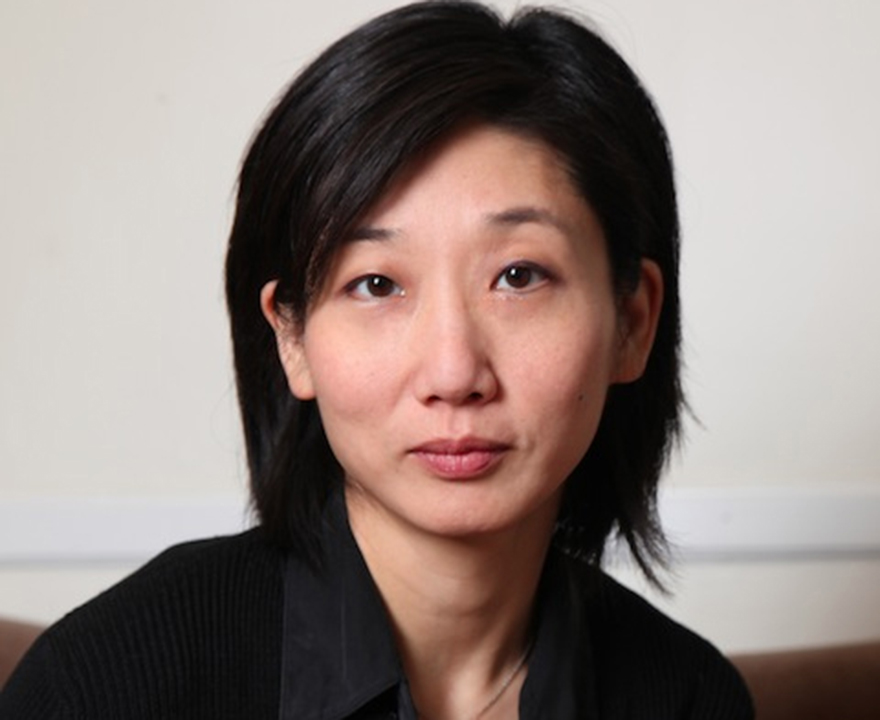'Feeling like we belong': U.S. adoptees return to South Korea to trace their roots

'Feeling like we belong': U.S. adoptees return to South Korea to trace their roots
- December 27, 2019
- Eleana Kim, anthropology, NPR, Dec. 27, 2019 (Audio)
-----
In a country that valued homogeneity, "adoption initially was thought of as like the
'solution' to mixed-race children," says Eleana Kim, an anthropologist at the University
of California, Irvine. In its early years, the South Korean government crafted a narrative
of a racially homogeneous nation, she says, "the idea being that children who were
not fully Korean would never be accepted in South Korean society. And the South Korean
government realized that there was an interest among Americans to adopt these children."
For the full story, please visit https://www.npr.org/2019/12/27/775355015/feeling-like-we-belong-u-s-adoptees-return-to-south-korea-to-trace-their-roots.
-----
Would you like to get more involved with the social sciences? Email us at communications@socsci.uci.edu to connect.
Share on:
Related News Items
- Careet RightKim earns Palais Book Prize
- Careet RightI Dig UCI
- Careet RightWhy should you keep a lucky frog in your home, according to feng shui
- Careet RightMaking Peace with Nature: Ecological Encounters Along the Korean DMZ
- Careet RightThe human cost of South Korea's era of transnational adoption (podcast)


